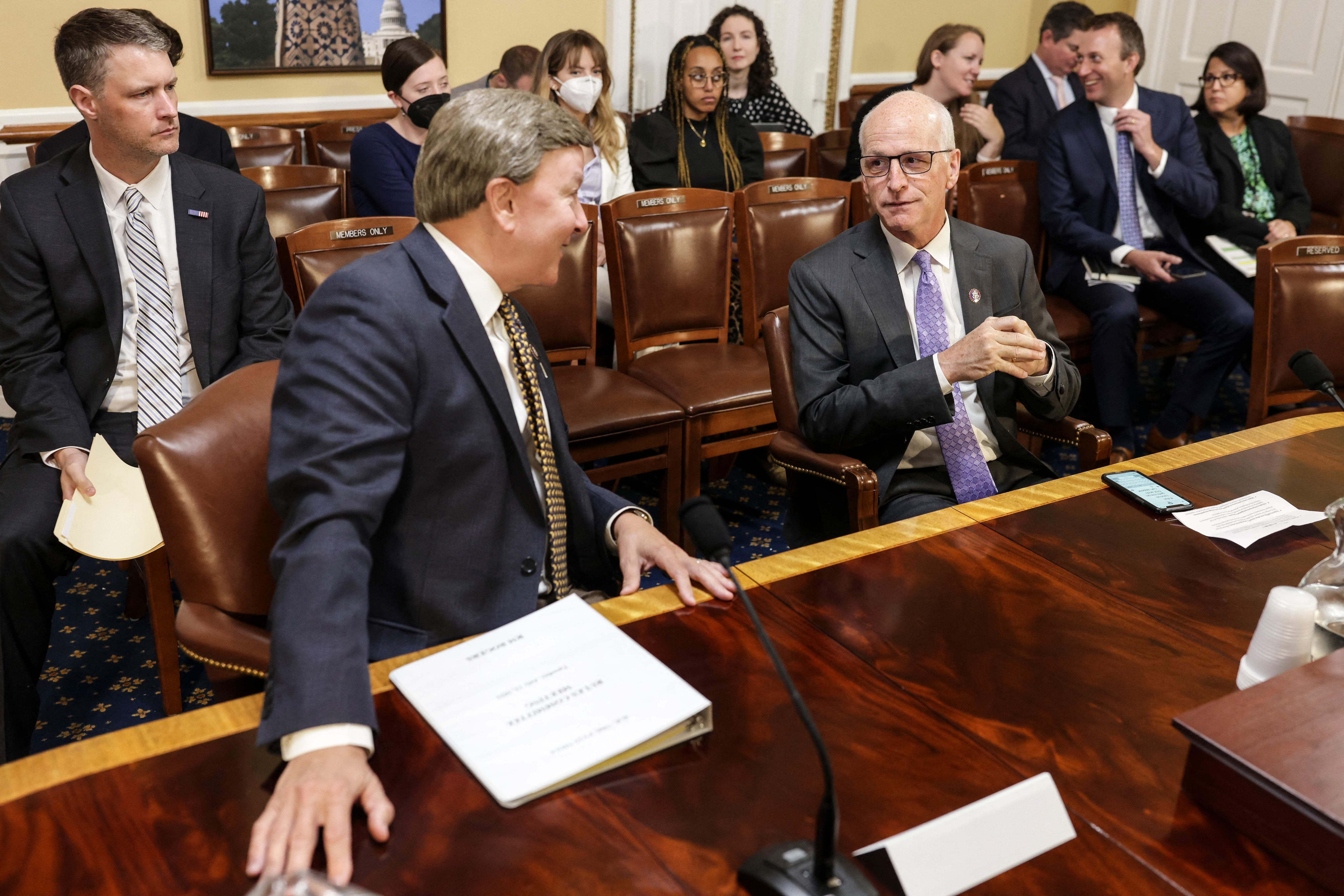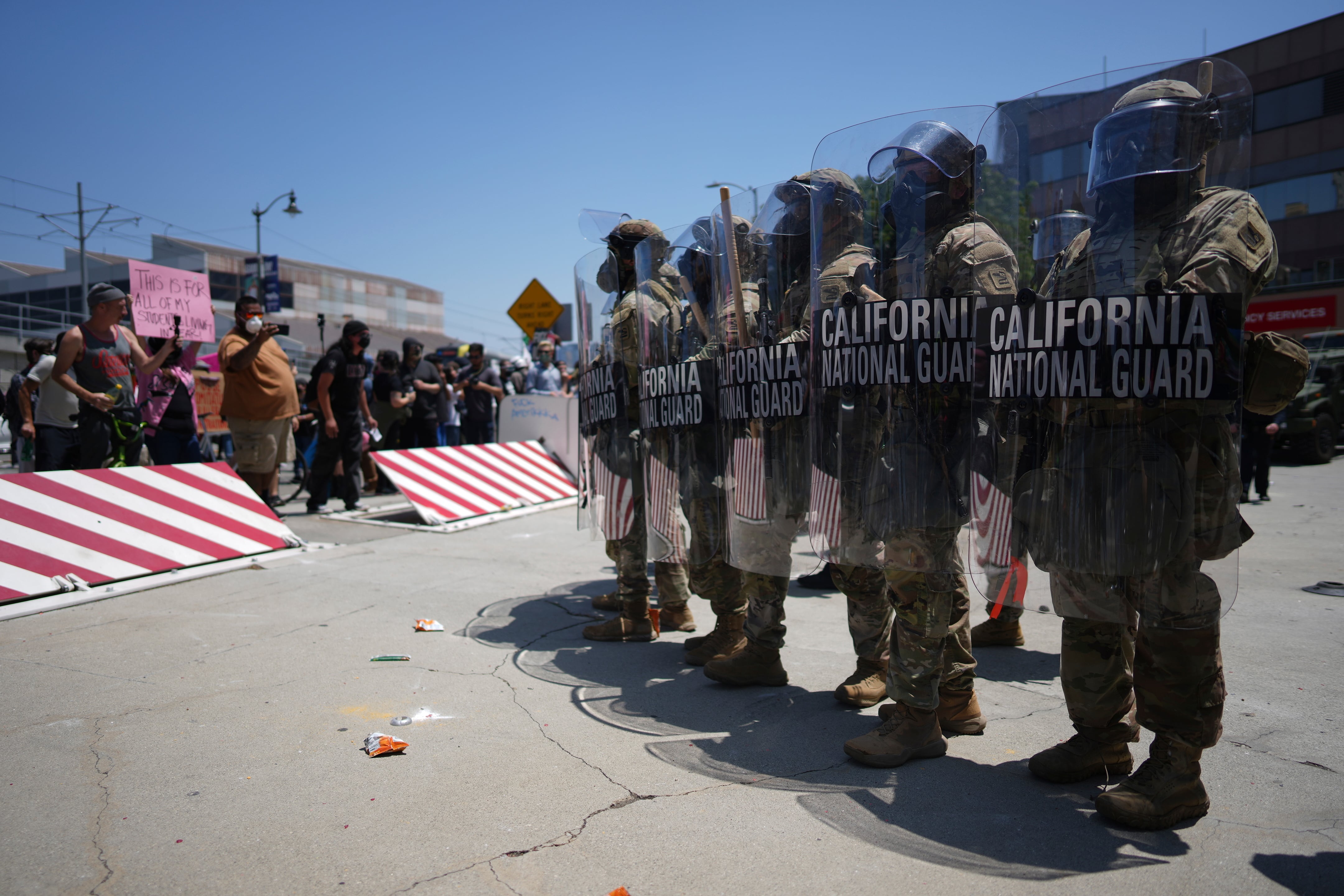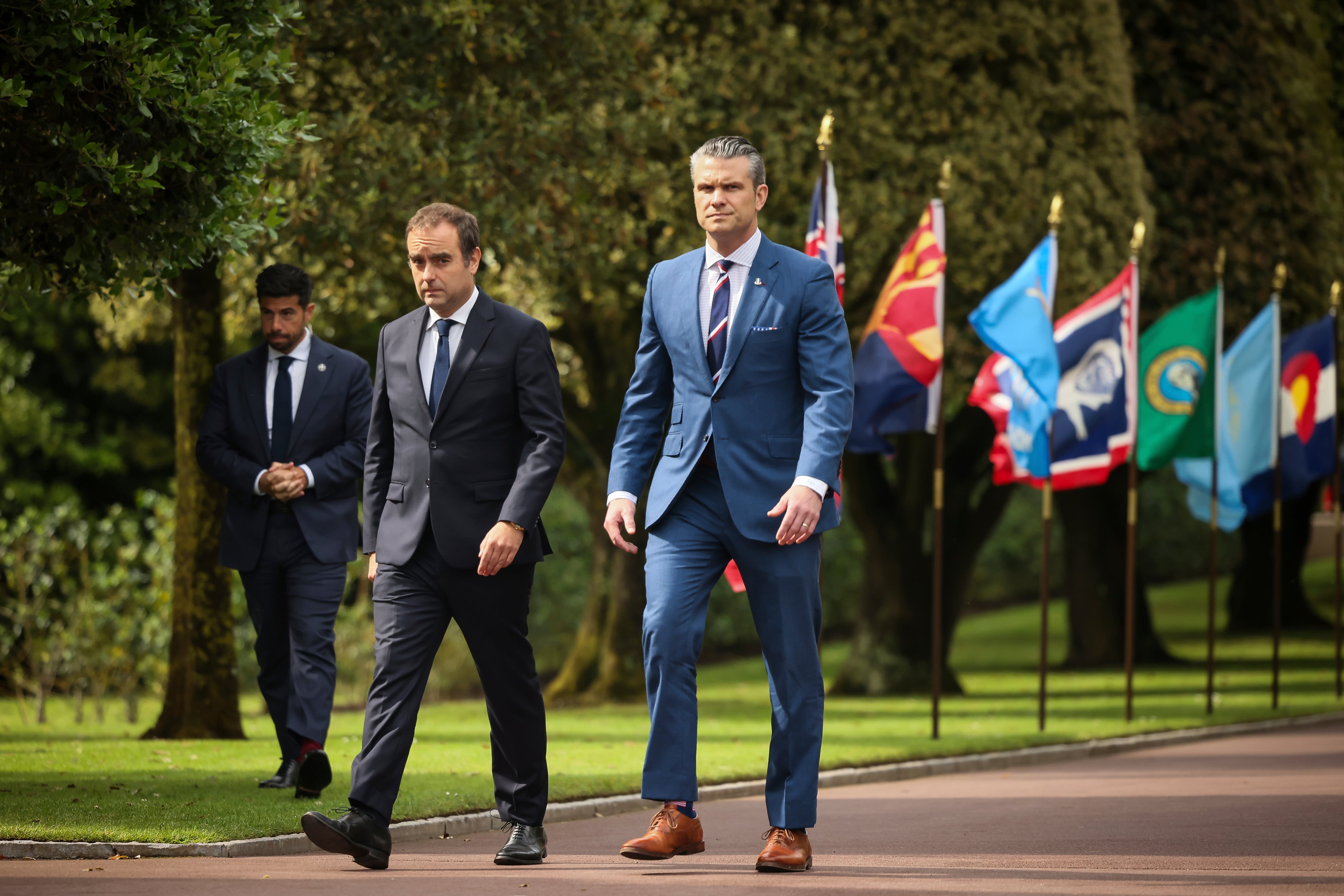[Editor’s note: This is the third of three commentaries by Nathan Dial regarding race relations in the Air Force.]
Over 14 years in the Air Force, I finished with top 15 percent marks in every academic and professional room except one, pilot training. I was an average or slightly below average student pilot. Although I met the standard, I was nearly railroaded out of pilot training because I said “I do not want to be a fighter pilot” in a room full of fighter pilots. Because I misread the room, the institution provided the opportunity for disturbed instructors to retaliate under the guise of inadequate performance.
Euro-NATO Joint Jet Pilot Training is the world’s only multinational manned and managed flying program chartered to produce pilots for NATO. Hopeful pilots covet ENJJPT because it is the only pilot training program where the overwhelming majority of students will become fighter pilots. At USAFA, earning an ENJJPT slot at Sheppard Air Force Base in Wichita Falls, Texas, is one of the ultimate markers of success because only 10 percent of the cadets going to pilot training receive it.
ENJJPT is unique because students and instructors from NATO member nations train together. While student-instructor assignments are random, there was an unwritten rule among instructors. Whenever an international student fails a ride, an instructor from the student’s home country will fly the next flight to ensure the student’s struggles are due to a flying issue, not a cultural misunderstanding.
RELATED
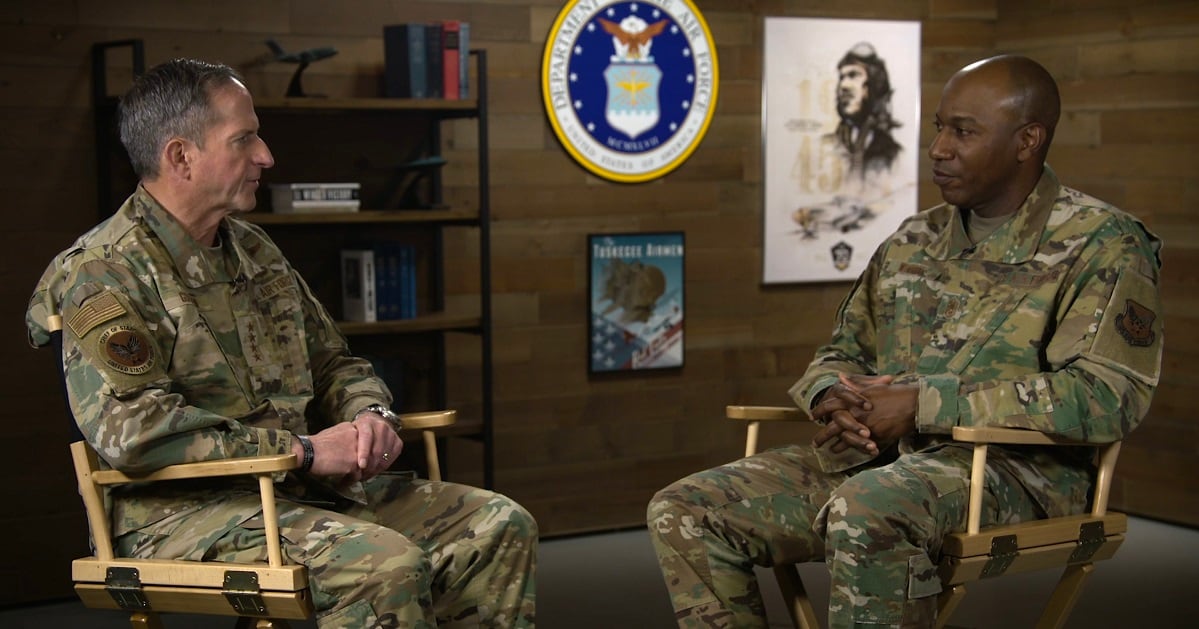
I struggled through the first two phases of pilot training. My struggles never made me doubt my desire to serve the country nor my goal of obtaining pilot wings. But they did make me question my childhood dream of being a fighter pilot. In phase three, during my first solo in the T-38C I did a loop in a supersonic jet and a light bulb went off. I went from barely passing my flight evaluations to tying for the second-best flight evaluation. At that point, I did some soul searching and realized I did not want to fly fighters for reasons other than my initial flying difficulties.
RELATED
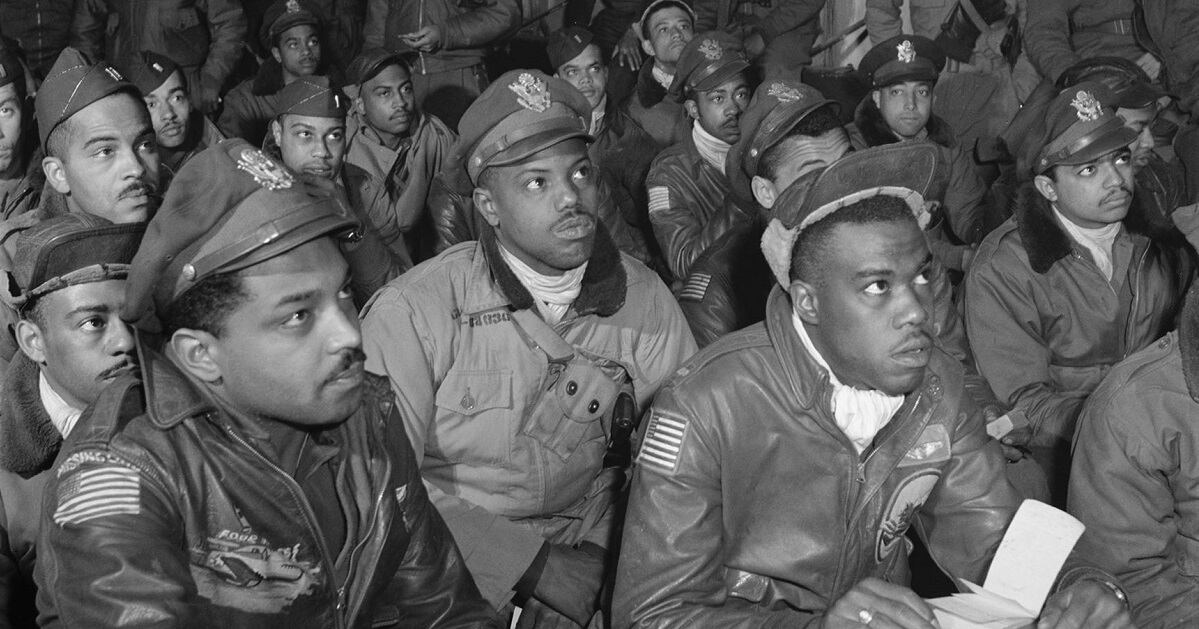
After my first evaluation in phase three, the assignments officer explained if anyone did not want a fighter to speak up to help the plane matching process. I and three others who struggled early explained we wanted to fly heavy aircraft. From that point forward, instructors questioned my commitment to the nation, the Air Force and the aviation profession. Some instructors took it further, saying, “You are taking someone’s spot who actually wants to be here.” Over the next three weeks, my other four classmates progressed as expected while I went from having a flight evaluation in the top 15 percent of my class to an 89-ride. An 89-ride is a flight evaluation that determines if an individual washes out or stays.

When I arrived to brief for my 89-ride, my evaluator started with, “Dial, you passed the ride.” Stunned, I questioned, “Sir, we haven’t flown yet?” He said, “Dial, I know what’s going on with you, and I’m here to help.” He explained, “you cannot be the Harvard Academy kid and tell the room of all white fighter pilots you don’t want to be a part of the club. They interpret that as you are too good for them, and they take that personally.” I questioned his reasoning, saying, “Sir, three other classmates have similar profiles, and I have failed three rides in a row.” He said, “I flew with you and your other classmates who want heavies, you are as good or better. You are here because you are Black and want to fly heavies.”
Instruction and grading during pilot training are subjective. From my 89-ride evaluator, I learned the system is not merely the words on the page. It is how individuals implement them. Institutions are humanly devised, formal and informal constraints that structure interactions. As a fellow white instructor, he educated me that his peers viewed my desire to fly heavies, average performance, and blackness as expendable. The grading standard shifted from “Is the student proficient?” to “Is Dial good enough to overcome my dislike?”
The recent news videos that have sparked a national discussion on racial inequality demonstrate that when Black individuals make mistakes, some arbiters of justice change the standard. As the nation looks to tackle systemic issues, the Air Force should formalize a policy to help prevent cultural misunderstandings in pilot training between instructors and students. Specifically, whenever students fail a ride, they should have the opportunity to pick their next instructor. This policy will help the Air Force ensure every student pilot who struggles does so because of a flying issue, not bias-based factors outside of flying.
Nathan Dial is an active duty Air Force officer and pilot. The views expressed are the personal views of the author and do not represent the official views of the U.S. Air Force or the Department of Defense. If you would like to respond, or have another commentary about the Air Force you would like to submit, contact Editor Kent Miller, kmiller@airforcetimes.com.







